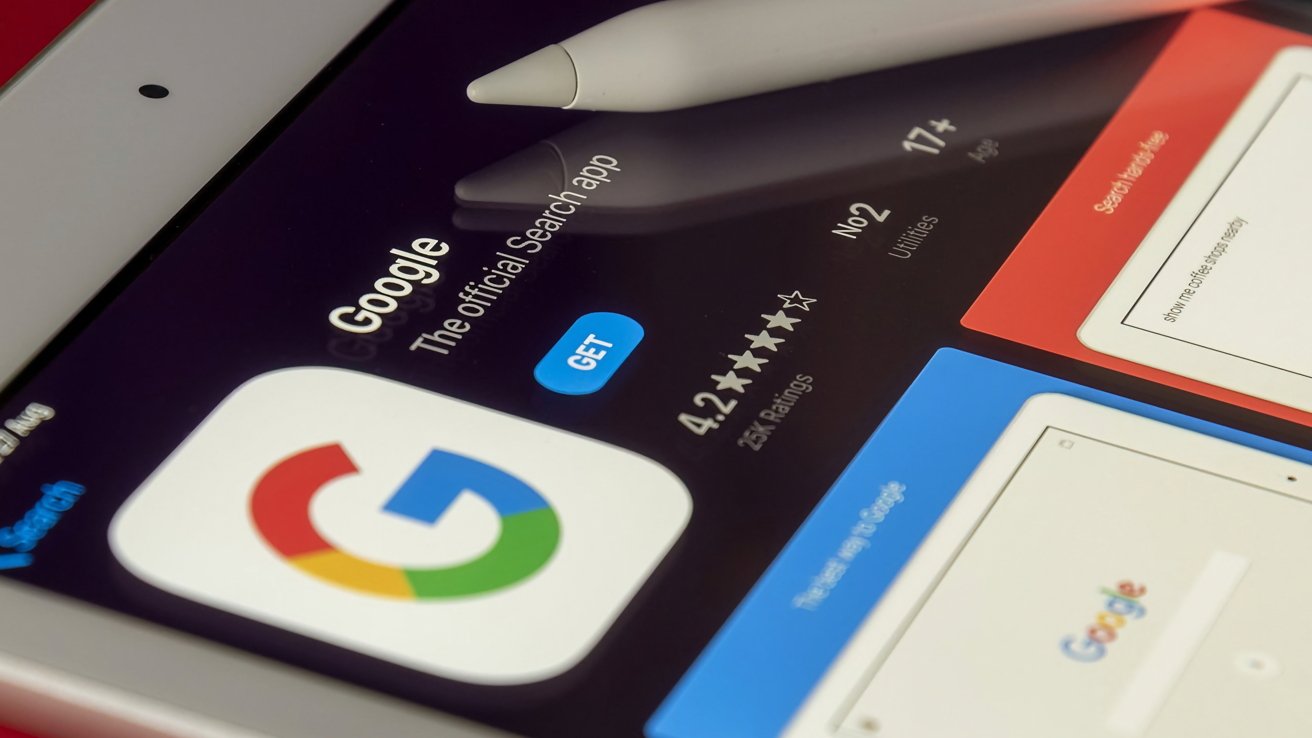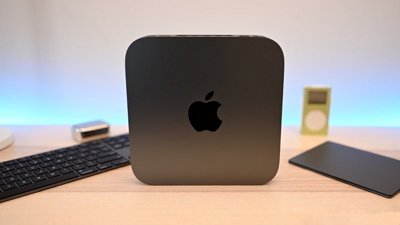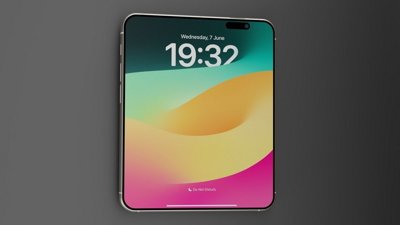Court filings show that Google feared losing revenue to an Apple-made rival and did what it could to stop it by establishing limits on what it could do as a part of the company's deal to stay on iOS.
Apple has played a key role in the Department of Justice's (DOJ) antitrust case against Google. While not a defendant, Apple executives were called as witnesses — despite the company's objections — and much of the case centers on the deal between Google and Apple.
That deal concerned Apple agreeing to have Google be the default search engine in iOS, and therefore on all iPhones. It's an agreement that has allegedly meant Google paying Apple as much as $20 billion annually.
According to The Information, Google executives became concerned in 2014 that Apple was directing users online without going through Google. Specifically, Safari was suggesting sites to users, which they could then go to directly.
"We are trying to build a structure that prevents them from diverting queries and destroying value," wrote Google executive Daniel Alegre, in an internal email from June 2016 email.
Reportedly, a slide deck revealed by the DOJ in court showed a forecast revenue hit from this feature. Then in 2016, when it was time to renew the deal, Apple agreed to keep its own search "substantially similar" to how it was then, rather than keep expanding the feature.
An August 2018 internal email appears to substantiate this. Joan Braddi, a Google executive in charge of search partnerships, wrote that the updated deal allowed Apple to offer "Siri suggestions," but in a specific, limited way.
Apple could do this, wrote Braddi, "exclusively for quality and not because they want to drive traffic to Siri."
Apple hasn't refused to make 'Apple Search'
The Information posits that this agreement is why the so-called "Siri suggestions" feature of iOS has only been incrementally updated. And then despite Apple having acquired search technology startups, and then former Google search executive John Giannandrea in 2018.
Giannandrea was one of the Apple witnesses called to the trial, and his statements claimed that Siri suggestions have expanded.
"Our general approach is we think users of our devices are seeking answers," he said, "and so if we can provide the answer, we will do that rather than sending them off to a general search engine."
Giannandrea also stated that Apple has never agreed that it would not develop its own Google rival. However, also during the trial, Apple's Eddy Cue said that the company had not considered doing this, because Google's search is the best.
Apple has not commented. Judge Amit P. Mehta has also ruled that much or even most of the documentation presented at trial will not be made public because it contains business trade secrets.
 William Gallagher
William Gallagher







-m.jpg)






 Malcolm Owen
Malcolm Owen
 Andrew Orr
Andrew Orr




 Bon Adamson
Bon Adamson
 Marko Zivkovic
Marko Zivkovic-xl-m.jpg)

-m.jpg)






12 Comments
Apple's just biding their time. Once contracts expire and w/this case expediting their modification/termination; I'm willing to bet we'll see a Siri (aka ChatGPT style) search that will stop telling us to open Safari to see the results but they'll make sure it is fully baked so as not to repeat Map's introduction fiasco. Guessing browser base search was never in Apple's plans and that they have been happy to let Google fund their own demise.
Analyst keep saying Apple is behind or late to come up to speed in the AI race. As with everything they do, the technology (LLMs) weren't ready for prime time, yet.
I'm excited to see what they introduce and bet it works across MacOS, iOS, WatchOS and TvOS.
Samsung competes with Apple in the phone business, but Apple pays Samsung billions for phone components.
Google competes with Apple in the phone business, but Google pays Apple billions for services used by their phones.
Neither case is inherently evil. I don't mind investigations. But I would recommend that if investigations come up really empty, the investigators and people who called for and funded it should be publicly shamed for wasting government money.
I kind of don't get it. Apple is not being strong-armed. If they prefer to take the 20bn to simply default to Google search (while allowing the user to easily change it), rather than spend capital to build their own from scratch, that's their prerogative. If Google withheld some other capability or service Apple needed unless they signed that deal, that would be coercive, but I haven't seen that argued.
Apple perhaps loses a high ground business ethics argument which is: they heavily promote privacy with the iPhone, but then take cash to leverage a company known to use as much of your personal data as they can.